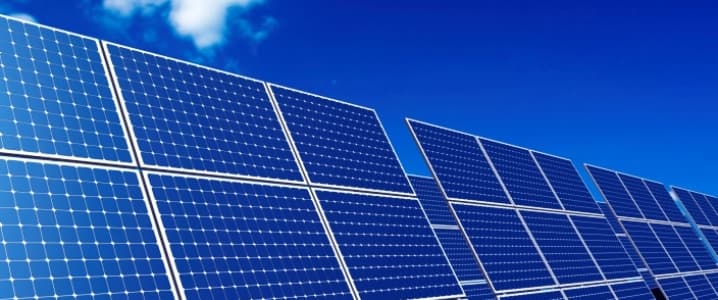India saw nearly $10 billion invested, both in 2015 and in 2016, in renewable energy projects. Last year, $1.9 billion of green bonds were issued. India’s solar targets alone need $100 billion of debt.
Posting in the Bloomberg View opinion section, columnist Mihir Sharma, however, struck a slightly skeptical note.
“India is not like China, or the U.S., or Australia or Germany when it comes to meeting its Paris pledges,” he wrote. “In India, hundreds of millions of people still live without electricity — a big part of what keeps them desperately poor. India also has a shrunken manufacturing sector, partly because electricity is so expensive (relatively) and its supply so variable. No democratically accountable Indian government can ever favor an international agreement over fixing these two problems.”
Sharma added coal “looks bad” in India at the moment because “its economy is struggling and because it is so services-intensive. Over the past few years, coal plants have used less and less of their capacity as growth has slowed.”
But, if India’s economy does take off, Prime Minister Narendra Modi might indeed be faced with such a choice.
Modi — who as a chief minister decried climate deals as infringing on Indian sovereignty — has already gone out on a limb and reversed decades of Indian climate policy in signing the Paris agreement.
If he’s ever actually confronted with that choice — one that’s much more real than the one Donald Trump faced — I wouldn’t be as sure as all the headline-writers that he won’t follow Trump’s lead.
Erik Solheim, executive director of the United Nations Environment Programme, while speaking to Times of India blogger Rohit E. David opined India must move ahead on energy security, not because it needed to make up for Washington’s withdrawal, but because low-carbon growth could lift millions out of poverty and improve public health. Modi said it would be a morally criminal act for the world not to do its part on climate change — a very strong signal of support, Solheim told the interviewer.
Related: Solar And Wind Revolution Happening Much Faster Than Expected
To another question on Trump targeting India in the Paris Accord, the Solheim replied that it was “regrettable” that climate action had been presented by Trump as a kind of punitive transaction, because that is not the case, he said.
Just a few days after Trump’s announcement, the Indian government revealed it was in talks with one of the major investors in India’s green-energy reforms, Japan’s Softbank, for low-interest funding of around 200,000 electric buses to be deployed in public transport.
A senior executive with SoftBank Group told news agency Reuters that they were in talks with the Indian government to facilitate the use of renewable energy, like solar, to charge electric vehicles in the country. India was considering electrifying all its vehicles over the next 15 years — a plan that could boost SoftBank’s solar ambitions in the country if the government adopts renewable energy to charge the vehicles.
ADVERTISEMENT
SoftBank has already announced it, along with Foxconn Technology and Bharti Enterprises, will invest up to $20 billion in solar projects in India. The electrification drive could create a requirement for over 150 gigawatts of additional power.
By AG Metal Miner
More Top Reads From Oilprice.com:
- Is Big Oil’s Bet On Petrochemicals A Bust?
- The World’s Third Largest Oil Consumer Aims To Drastically Reduce Imports
- Which Top 3 Polluter Dominates Wind And Solar?


















